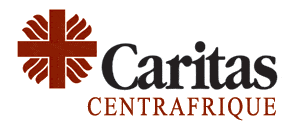Address : B.P. 1518, Bangui, Central African Republic
Telephone : +236 75 25 70 09 / +236 72 39 02 90
Email : caritas.centrafrique@gmail.com
Caritas Centrafrique was created in 1960 and was then known as Secours Catholique Centrafricain. It was named Caritas Centrafrique in 1991 with the merger of Secours Catholique Centrafricain and Animation Rurale (agricultural extension department) on August 31 of that year.
Caritas Centrafrique operates in a country where insecurity is a constant factor and poverty is widespread. Three decades of insecurity ended in 1993, but there was further unrest in 2002 and 2003, and most recently in 2012 with the Seleka coalition’s seizure of power, which has plunged the country into a situation of insecurity and fear and continues to hamper its economic and social development. The people of the Central African Republic are among the poorest in the world.
Given the disasters and internal conflicts affecting the country, support for people whose basic rights have been abused plays a central role in Caritas activities. Protecting children from forced recruitment by armed groups, rehabilitation and advocacy on sexual violence against women and vulnerable people, and support and assistance to IDPs keep Caritas teams busy. Caritas works through a Peace and Reconciliation Commission to help the parties involved in the conflict to seek solutions for a lasting peace.
Caritas seeks to promote a better world in which a culture of neighbourly love, solidarity, social justice and human development prevails. Its mission is to continue the work of Jesus Christ through evangelization based on charity: struggle for human promotion in order to fight against poverty and ensure the well-being of people.
In its actions, Caritas Central Africa respects the autonomy of each authority to carry out its own activities. For Caritas, emergency relief activities are part of integral human development, which depends on partnership and cooperation, and Caritas Central African Republic collaborates with all partners who respect its values and principles.
Through its presence in the dioceses and in more than 120 parishes, Caritas manages to assess, support and distribute aid and assistance in the most remote parts of the country.
Caritas works in partnership with the following organizations: many members of the Caritas Confederation, including CRS (Caritas, USA), Cordaid (Caritas, Netherlands), Caritas Italy, South Korea Caritas, and Caritas Spain, as well as CCFD (Catholic Committee against Hunger and for Development), the Italian Bishops’ Conference, the European Union, and the French Ministry of Foreign Affairs
Local partners
International and diplomatic organizations: UNDP, UNFPA, OCHA, UNHCR, WFP, FAO, WHO, World Bank, the Global Fund to Fight AIDS, Malaria and Tuberculosis, a delegation of the European Union, and the cultural affairs offices of the French and American embassies.
International NGOs: IPHD (International Partnership for Human Development), the International Red Cross, Solidarité Française and MSF.

